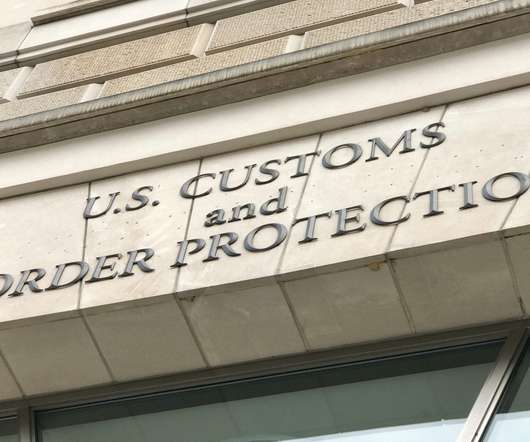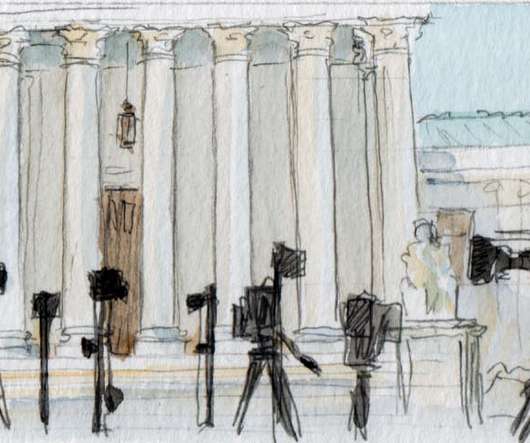Supreme Court Rejects Cause of Action Under Bivens Against Border Patrol Agent
Constitutional Law Reporter
JUNE 17, 2022
Supreme Court held that the authority of a court to imply a cause of action under Bivens v. While the Court did not overrule Bivens , it did emphasize that recognizing a Bivens cause of action is “a disfavored judicial activity.”. In Egbert v. Boule , 596 U.S. _ (2022), the U.S. Border Patrol agent. Border Patrol agent.














Let's personalize your content